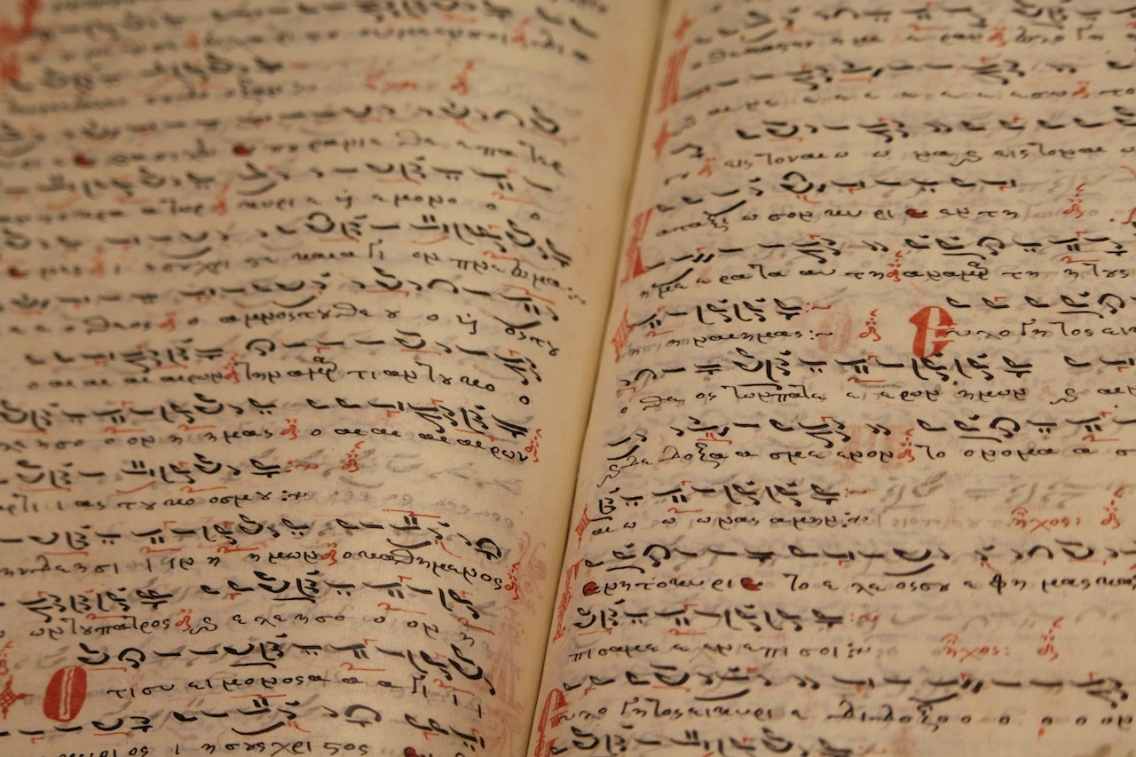Which Arabic Dialect Should I Learn?

The Arabic language is a Semitic language spoken by people in North Africa, the Arabian Peninsula, and the Middle East.
Even today, it remains one of the most spoken languages across the globe, with countless learners striving to master it.
There are three main versions of the Arabic language: Quranic or Classical, Modern Standard, and Colloquial or Daily. Roughly 25 dialects fall under these three versions, with some mutually unintelligible and others barely different.
As a language learner, deciding to learn Arabic is the first step. The next big question is, “Which Arabic should I learn?”
Join us as we learn more about the Arabic language and discover its importance in globalization, cultural understanding, and your personal career growth.
Why Should I Learn Arabic in the First Place?
Learning a language takes passion, commitment, and patience. Some language learners find a culture so fascinating that they want to learn its language, and some learn for career opportunities. Choosing to learn Arabic means going through unique challenges.
Firstly, the Arabic alphabet, or Arabic abjad, is completely different from the English alphabet. Second, the language has one too many dialects to explore. Nevertheless, language learners have manyreasons to pursue learning Arabic, and here are some of them:

#1 - It is One of the Most Spoken Languages Worldwide
The Arabic language is the sixth most spoken language across the globe, with approximately 245 million native speakers and 29 million non-native speakers. It is the official language of at least 25 countries, and its beauty constantly bewilders linguists. Arabic sounds and pronunciations differ from Western sounds and pronunciations to a great extent.
#2 - High Demand for Speakers
Because it is one of the most spoken languages worldwide, Arabic also plays a vital role in business.
Fluency in the language opens up many business and career opportunities in the biggest economies in the world. As a result, many companies search for employees with at least an advanced competency in Arabic writing, reading, and communication skills.
#3 The Language of the World’s Second-Largest Religion
Islam is the world’s second-largest religion. Islamic beliefs and traditions hold so much history, making the religion one of the most beguiling in the world.
Since language, religion, and culture always go together, those who explore the Arabic language also discover the richness of Islamic culture.
#4 Intercultural Understanding
Language learning immerses students into rich histories and civilizations. The history of the Arabic language alone is already a whole other world, and learners get the opportunity to understand the cultures of every nation that speaks it.
Learners can travel to some of the world’s beautiful places, such as Egypt, Morocco, and the United Arab Emirates. With access to these nations’ stories, one can promote intercultural, political, and religious understanding.

Arabic Dialects
Choosing the best Arabic dialect to learn is a matter of personal preference. All learners have their own interests, goals, and purposes for learning a language, which means there is no “one” best.
Every Arabic dialect is useful, intriguing, and challenging, and every learner can pursue whichever they want. At Middlebury we focus on Modern Standard Arabic. However, in the lower levels (Level 1 – Level 2) the Egyptian and Levantine Dialects are incorporated into the curriculum. As for the higher levels, we offer additional dialect sessions in the following: Egyptian, Levantine, Yemeni/Saudi, Moroccan.
Egyptian Arabic
Egyptian Arabic is mainly used in Egypt. Learners can hear it in TV shows and movies, so it may be the dialect with the most learning resources.
The Egyptian Arabic dialect was influenced by Italian, English, Turkish, Greek, and French. Its grammar, vocabulary, and pronunciation differ from other dialects, and it uses a g-sound instead of a j.
Learners can consider it the most beneficial dialect of Arabic to learn because it is the most commonly spoken in the Arab world.
Moroccan Arabic
Some say Moroccan Arabic is an entirely different language.
Many native Arabic speakers from the Middle East and Egypt struggle to understand the dialect, considering it the most geographically limiting form of Arabic.
However, having enough dedication and support in learning the dialect will make learners realize that it is just like the other dialects. It had its own influences, but its grammar and syntax barely differ from the others.
Syrian Arabic
Syrian or Levantine Arabic is largely spoken in Syria. Levantine Arabic is also common in Jordan, Palestine, and Lebanon and is the next most commonly spoken dialect after Egyptian. The two are almost the same, with only basic differences in everyday phrases, words and the pronunciation of certain sounds.
How Arabic Is Taught at Middlebury
At Middlebury Language Schools, our passion thrives in learning different languages, including Arabic. For us, no language is too easy or difficult to learn, and every learner can discover the world through language.
Our Arabic School, located on the Bennington campus, offers an eight-week immersion program for beginners and advanced students. The program is designed to quickly improve language proficiency through lessons and immersion.
Middlebury “lives” in language. Students take the Language Pledge and commit to only speaking, reading and writing in Arabic for the duration of the program.
We teach Modern Standard Arabic (MSA) during classroom hours and offer dialect sessions in Egyptian, Levantine, Yemeni/Saudi, and Moroccan.
Apart from its immersion program, Middlebury also offers a graduate degree in Arabic.
Learn Arabic With Us!
Learning the Arabic language is the gateway to a world with a rich history, culture, beliefs, and traditions.
Apart from personal growth, a language learner can also maximize significant career opportunities available only to Arabic speakers.
Learning Arabic can be demanding, but it is definitely possible with expert teaching and solid support.
Middlebury Language Schools is one of the top language schools in the world and many of our students rate their experience here as life-changing, both from a personal and a career perspective. Contact us to learn more about our programs.
